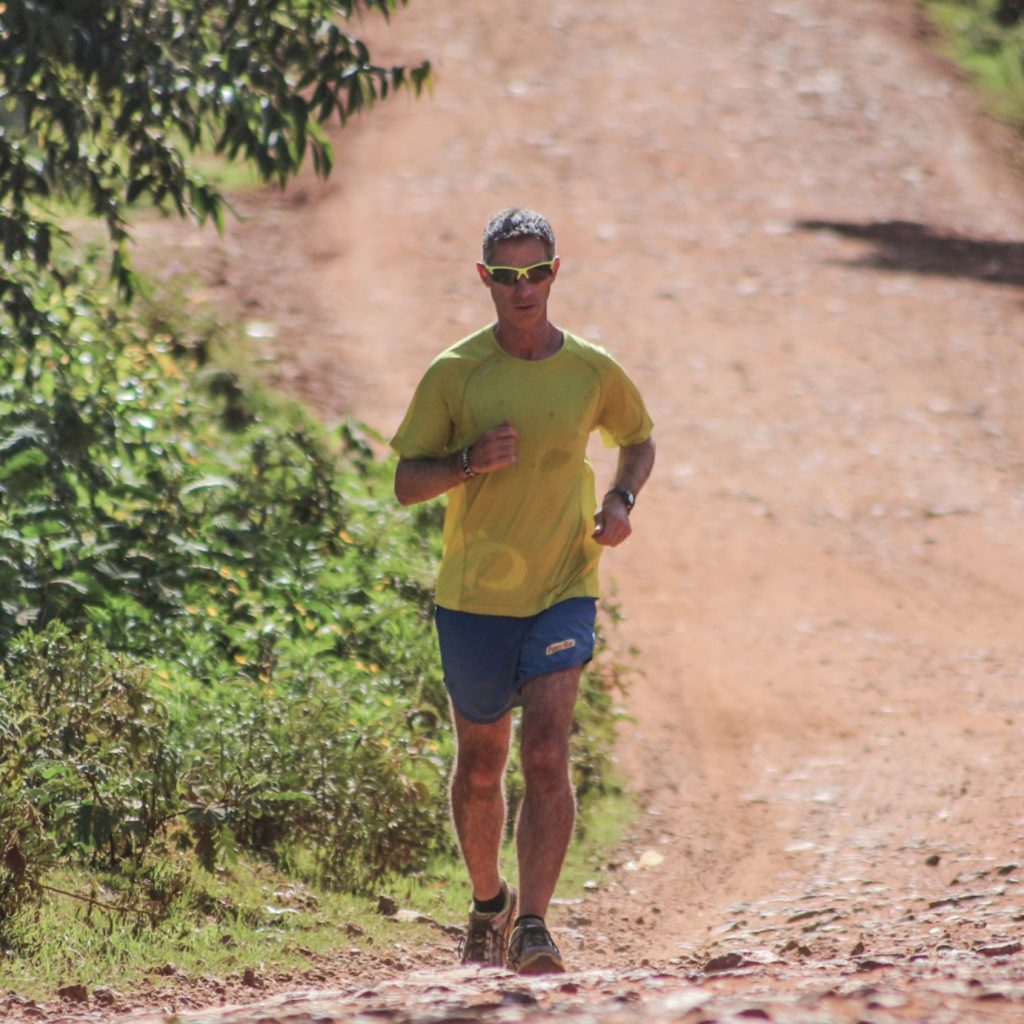“How was your training?” he asked me, as I entered the large, heavy metal gate where I live, the sweat on my forehead glistening in the hot Kenyan sun.
“Good. The altitude feels a little lower today,” I joked.
The first time I was asked that question, I was taken aback. It immediately changed my perspective. No one in Iten, Kenya asks you, “How was your run?” They always ask, “How was your training?”
In this rural town, where the world-class runners outnumber the cows and sheep (and there are many cows and sheep!), no one runs. Everyone trains. They are training to run faster, to attract an agent who can help them get invited to races in Europe or the U.S., and to get a flight out of Africa so they can run those races and win money. Running — training — is their way out of poverty. Twice per day, every day, they train, with the relentless intention to be the best. To win. Winning means a lot more to these Kenyan runners than it does to runners in the Western world. Winning — and the money that comes with it — means getting out of poverty. It means a better life. It means they can buy a cow.
Even when speaking to this 48-year-old mzungu (white person), they ask, “How was your training?”
I have a lot to live up to.
